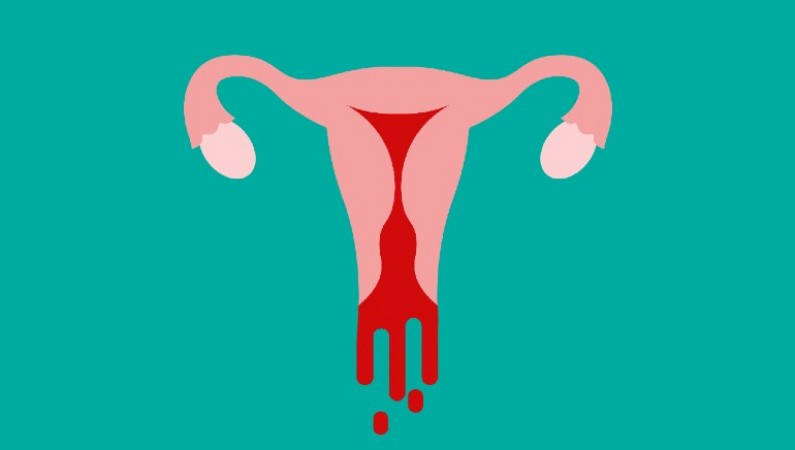
Vaginal bleeding after sex, also known as postcoital bleeding, can be a concerning and distressing experience for many individuals. In this article, we will explore the possible causes of this condition, shedding light on why it occurs and what steps can be taken to address it.
Vaginal bleeding after sexual intercourse refers to the occurrence of bleeding or spotting from the vagina immediately or shortly after engaging in sexual activity. While it can be a one-time incident for some, others may experience it repeatedly. Here are four likely causes of this phenomenon:
One of the most common reasons for postcoital bleeding is trauma or mechanical injury to the vaginal or cervical tissues during intercourse. This can happen due to several reasons:
Friction: Intercourse may sometimes be vigorous or lack sufficient lubrication, leading to friction that can injure delicate vaginal tissues.
Cervical Ectropion: Some individuals have a condition called cervical ectropion, where the inner cervix is more prone to bleeding during intercourse.
Vaginal Dryness: Insufficient vaginal lubrication, often associated with hormonal changes, can increase the risk of tissue damage.
Infections or inflammation in the reproductive tract can lead to vaginal bleeding after sex. Here are some key points:
Sexually Transmitted Infections (STIs): Infections like chlamydia, gonorrhea, or genital herpes can cause irritation and bleeding in the genital area.
Pelvic Inflammatory Disease (PID): PID is an infection of the female reproductive organs and can lead to postcoital bleeding along with other symptoms like pelvic pain and fever.
Vaginitis: Inflammation of the vaginal tissues can make them more susceptible to bleeding during intercourse.
Issues related to the cervix itself can be responsible for postcoital bleeding:
Cervical Polyps: These are non-cancerous growths on the cervix that can bleed when irritated during sex.
Cervical Dysplasia: Abnormal cervical cells may bleed during or after intercourse. Regular Pap smears can detect this condition.
Hormonal imbalances can play a role in postcoital bleeding:
Menopause: Reduced estrogen levels in menopausal women can result in thinner vaginal tissues, making them more prone to bleeding during sex.
Birth Control: Some forms of birth control, such as birth control pills or intrauterine devices (IUDs), can cause irregular bleeding, including bleeding after intercourse.
Experiencing vaginal bleeding after sex should prompt individuals to consult a healthcare provider. While many cases may have benign causes, it's crucial to rule out more serious conditions like cervical cancer or other malignancies.
In conclusion, understanding the potential causes of vaginal bleeding after sex empowers individuals to address the issue promptly and seek appropriate medical guidance. Remember that each person's situation is unique, and a healthcare provider can provide tailored advice and treatment options.
Eat broccoli to strengthen your lungs, you will get relief from respiratory diseases
Planning to give up milk for a month? So know what effect it has on the body!